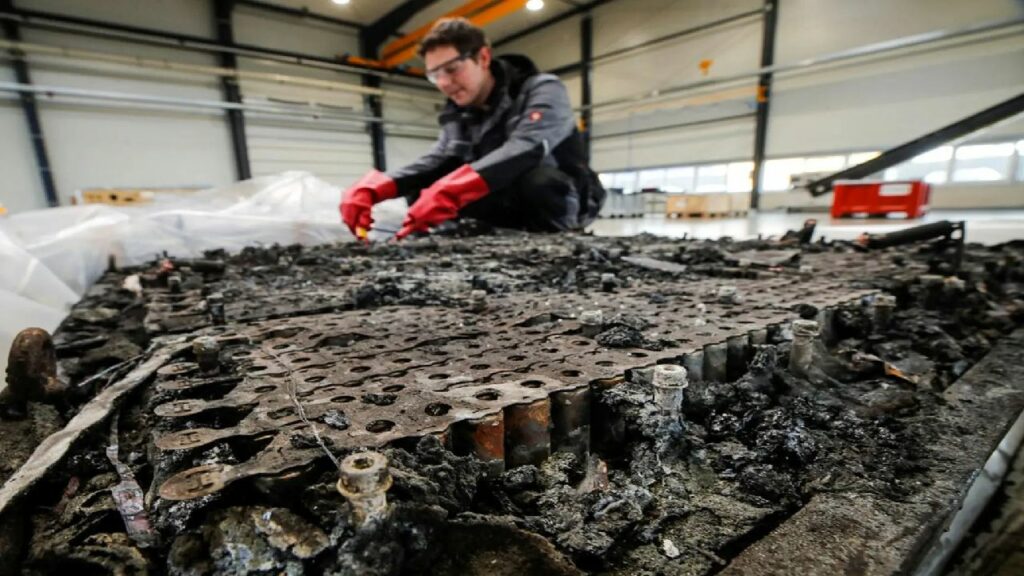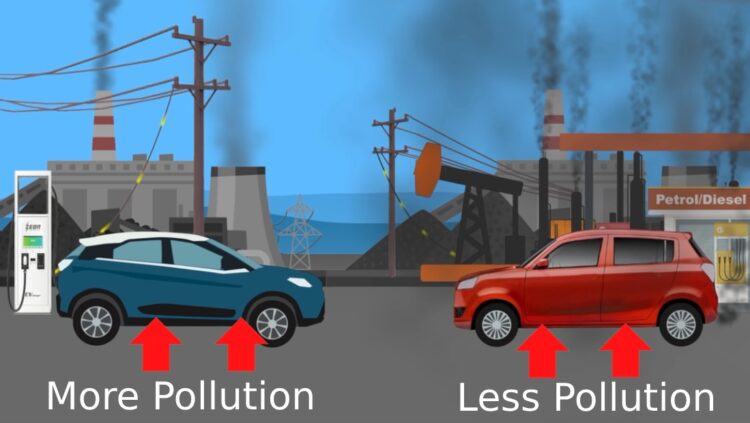A latest study by Emission Analytics found that EVs emit more particle pollution than petrol and diesel cars. This goes against everything we have known about electric cars. The entire industry has been preparing for a massive EV revolution for the last couple of years. The sales are at an all-time high. Carmakers are announcing their ambitious plans to get rid of IC engines in their portfolios. All this was premised upon the assumption that EVs are more environmentally friendly in comparison to their ICE counterparts due to zero tailpipe emission. But this study takes a unique aspect into consideration before coming to a contrary conclusion.
You may also like: Tata Safari EV Spied on Test – VIDEO
EVs Emit More Particle Pollution – Study
This shocking study takes into account the production of particle pollution from the brakes and tyres in electric and ICE cars. It was found that the particulate matter from the brakes and tyres of EVs is a whopping 1,850 times higher than fossil fuel-powered cars. The study cites the reason to be the heavier weight of EVs due to the massive batteries. The added weight puts more strain on the brakes and tyres. Due to more weight, EV tyres deteriorate at a faster rate and emit harmful pollutants into the air as these tyres are made of synthetic rubber derived from crude oil.
You may also like: Kia EV9 7-Seat Electric SUV Seen Testing Sans Camo
Further findings of this study claim that the tyre wear emissions from an EV with a 500 kg battery could be over 400 times than exhaust emissions from modern petrol cars. For reference, a 50 kW lithium-ion battery could weigh anywhere between 400 kg and 600 kg. Hence, this is yet another area which one must focus on while calculating emissions pertaining to electric cars and traditional cars.
You may also like: Apple Axes its Decade-Long Electric Car Plan!

You may also like: Mahindra BE.05 Spied Testing Near Jaipur
Author’s Note
It is intriguing and thought-provoking to encounter an entirely new aspect of calculating emissions from electric cars. For quite some time now, there have been cases to raise awareness among potential buyers regarding the emissions due to the production of EVs and EV batteries. Therefore, it is clear that there are multiple layers to establishing the exact amount of pollution an EV emits over its life cycle. This ranges from manufacturing to ownership of around 5-7 years. Such studies open new avenues regarding this discussion.
Featured image courtesy: Plugin India


